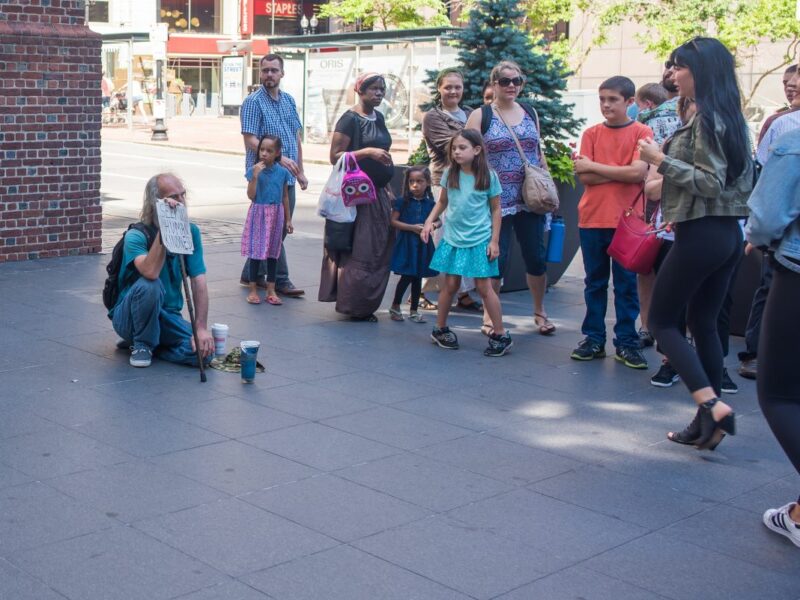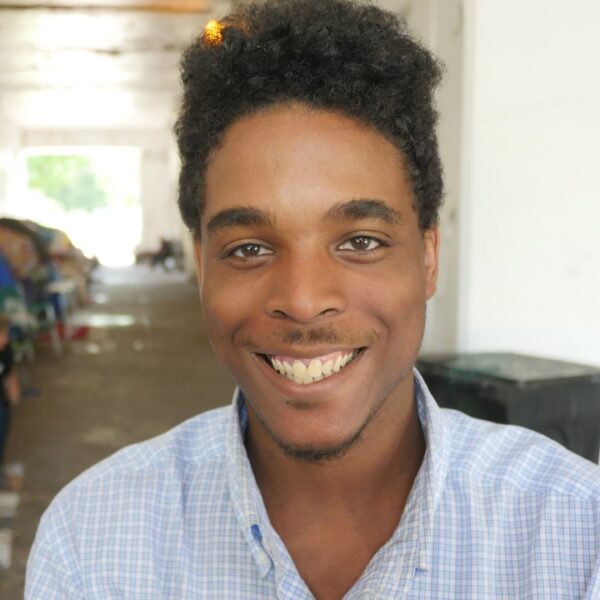Throughout this public health emergency known as COVID-19, we’ve oft-discussed the idea that housing is healthcare. It’s a well-known fact among advocates and the general homeless population that homelessness in and of itself, can cause extreme health conditions and disparities. What many might be unaware of, however, is the fact that one rarely discussed cause of homelessness is lack of affordable healthcare.
In July of 2009, the National Coalition for the Homeless published a press release detailing the role that lack of affordable healthcare plays in creating situations that make everyday working Americans more vulnerable to homelessness. To quote the text verbatim, the authors state that:
“Poor health is both a cause and a result of homelessness.”
Throughout the transcript, the series of events leading up to homelessness is detailed as follows:
“For families struggling to pay the rent, a serious illness or disability can start a downward spiral into homelessness, beginning with a lost job, depletion of savings to pay for care, and eventual eviction.”
Lack of affordable healthcare is a cause of homelessness. But it’s not just any cause, it’s a leading cause. These findings are particularly worrisome at a time when illness has overtaken us and mass unemployment has come about as the result of government-mandated shutdowns, some of which are still happening across the country.
By now, we all know at least one person who has been infected with the novel Coronavirus. Perhaps they suffered terribly due to underlying conditions. Perhaps they were fortunate and only had a mild bout with illness. Regardless of their personal experience, one thing is clear:
If they were essential workers, a positive test result rendered them unable to return to their place of employment for at least two weeks and in some cases up to a month. While financial safety nets appear to be in place if such events transpire, the truth is that the process is lengthy and the money is not guaranteed.
A positive test result ultimately gives way to a corporate volleyball game where workman’s comp and the unemployment office play hot potato with the infected person’s dividends.
The sick person spends hours on the phone being transferred from one operator to another, waiting weeks just to find out if they’re entitled to any compensation. All the while, they are unable to return to work, even if their symptoms have subsided. To worsen matters, this same sort of game is playing out again on a larger scale as congress, the senate, and the president attempt to tie survival checks to packages promoting their own agendas.
It’s not that the general public hasn’t noticed. With hashtags like #VoteThemOut and #Lockdown trending, social media is abuzz with criticism from people who feel powerless and disappointed.
As Twitter user Simon Gibson eloquently put it:
600 dollars is what rich people think poor people think is a lot of money
— Simon Gibson (@simeygibson) December 18, 2020
How the Spiral Into Homelessness Ensues through Lack of Affordable Care
All jokes aside, getting a positive COVID-19 test result could give way to this vicious downward spiral into homelessness for essential workers, most of whom are more vulnerable to the virus to begin with because they are more frequently exposed. There are several different scenarios and levels this could play out.
Let’s say, for instance, that an essential worker who is employed at a grocery store tests positive for COVID-19. Before he starts showing symptoms, he has already exposed his coworkers. All of them come down with it simultaneously, making it difficult for the grocery store owner to keep his doors open. As a result, he is forced to shutter his business, the empty shelves leaving a staggering footnote in our country’s future.
Since almost half of all American workers are one paycheck away from homelessness, the grocery store owner and all of the employees are now at risk. None so much as Jake however, who is their latest hire.
Jake is a former bank teller who spent half the pandemic looking for a job to replace the one he lost at the beginning of the shutdown. He took the job at the grocery store even though it came with a serious pay cut because it was all he could find. He was two weeks into his employment, so he hadn’t met the 90-day criteria he needed to qualify for sick time and company healthcare benefits.
Let’s follow Jake home…
Unlike his fellow employees, Jake’s savings was already spent by the time he took the job at the grocery store. For this reason, he had to wait to borrow the $50 he needed to take the COVID test, meaning his results were delayed. He only got a mild case of COVID. But his wife, a breast cancer patient who was diagnosed during the third trimester of her pregnancy, was not as fortunate.
When Jake lost his job at the bank, he lost the family healthcare benefits. He was forced to spend the rest of his savings on an overpriced “bridge healthcare plan” called COBRA so his wife could continue receiving her chemotherapy treatments. Because he was a new employee, losing this second job left him even less qualified for unemployment benefits than he was the first time around. His wife’s condition worsened and she had to be hospitalized, causing the family to incur even more debt in the form of medical bills.
Meanwhile, his rent was in the rears. The January 31st eviction moratorium was set to expire before he could acquire adequate funds. His eviction proceeding was handled virtually. Over the course of the following month, Jake would go on to lose his wife, his job, and his home all in one fell swoop.
Stranded and heartbroken on the streets of his hometown, Jake would soon learn there isn’t a single local shelter nearby that accepts dads and their children. Jake will now have to decide between losing his children and living on the streets.
This is a scenario our current social structure supports. While Jake’s story seems fictitious, there are millions just like his. Many happened long before the word “Coronavirus” was trending worldwide.
In the Developed World, This Unaffordability of Healthcare is Unique to the United States
NBC News journalist, Francesca Fiorentini described healthcare in America as:
“a maze deciphered in private that’s never quite mastered.”
As a nation, America holds the title for the only large, wealthy country to lack universal healthcare. It isn’t just about the 30 or so million Americans who don’t have any healthcare coverage at all. Another glaring issue is the loopholes.
- The tests that are ordered and then not covered by the policies
- The inflated premiums
- The ridiculously expensive “gap insurance” plans that lock newly laid-off workers into costly yearlong contracts
- The myriad of necessary medical procedures that are considered “elective surgeries”
- The ever-escalating price of prescriptions, and the list goes on
Now, in the midst of an international health crisis, we must recognize the link between homelessness and the lack of affordable healthcare.













